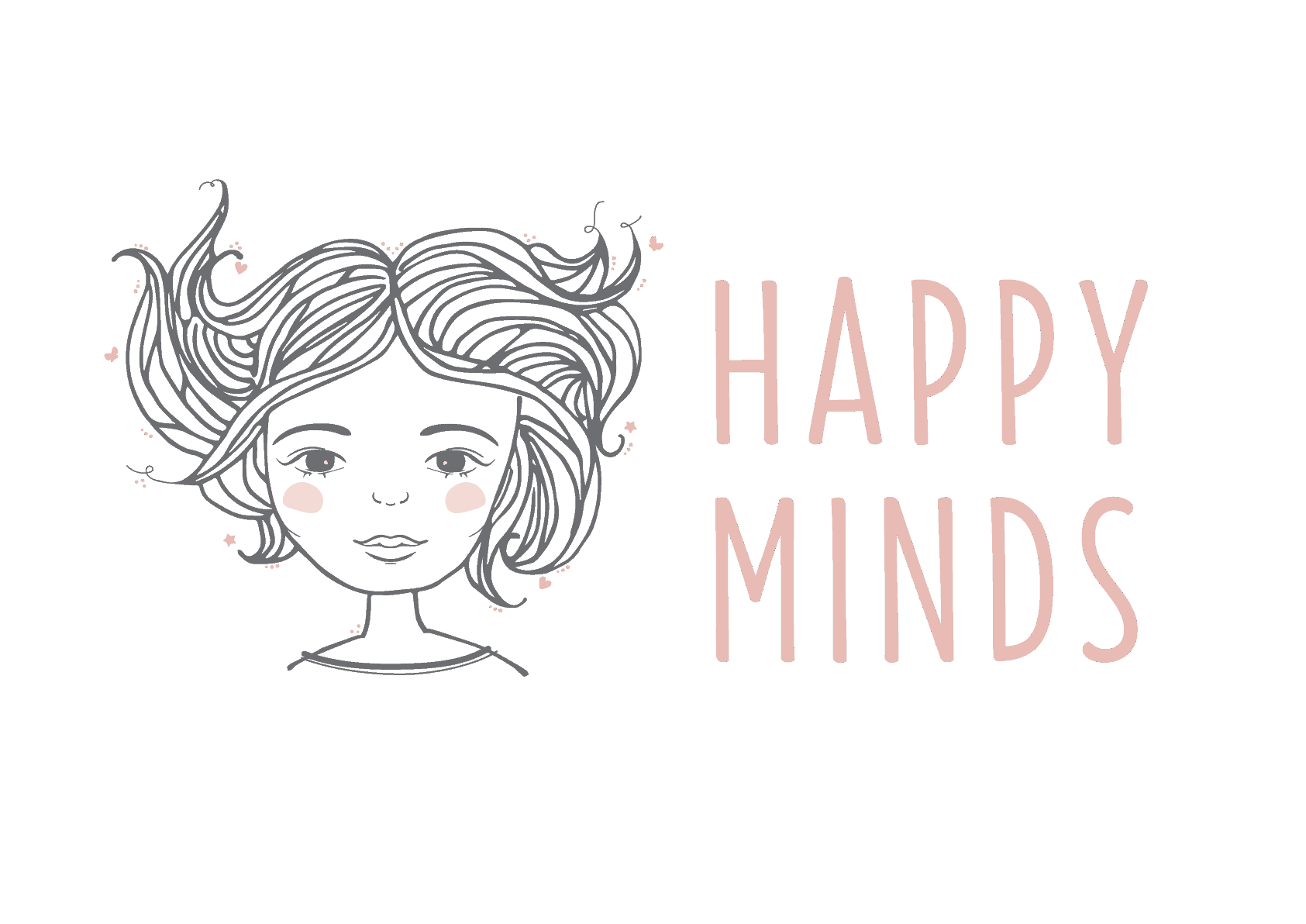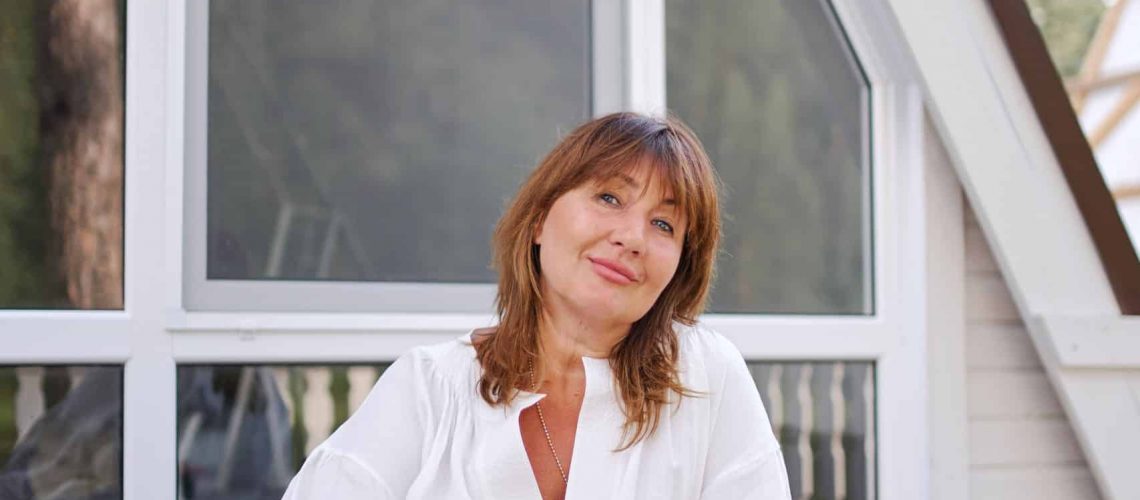Menopause – a natural biological process involving the cessation of the menstrual cycle – can seem like uncharted territory for many women, something unknown and not necessarily spoken about. Perimenopause, on the other hand, may be more unfamiliar.
What is perimenopause?
Menopause is a process, and perimenopause, meaning ‘around menopause’ is the transitional phase. It occurs when women may have fluctuating hormone levels and ovarian function. Subsequently, this often results in a variety of symptoms – between the ‘reproductive age’ and when a woman no longer ovulates.
In Australia, the average age at menopause is approximately 51 years, with a medically classified ‘normal’ age range between 45 and 55. Perimenopause – before periods stop altogether – may last several years.
How can I spot perimenopause?
Just as we all have different menstrual cycles and symptoms, menopause affects every woman differently too. For some individuals, ‘the change’, as it is sometimes so coyly referred to, may involve very little change at all, while for others the physiological and emotional changes may be profound, last several years, and have an impact on day-to-day activities. Some of the most common perimenopausal symptoms include:
- Hot flushes and night sweats
- Sleep disturbance
- Headaches
- Poor memory or concentration
- Vaginal dryness
- Reduced sex drive
- Fluctuating menstrual flow, which may be much lighter or much heavier
- Weight gain
- Mood swings
- Anxiety or depression
Coping with perimenopause
If you suspect that hot flushes and mood swings are more than just reactions to summer and the holiday season, the possible arrival of perimenopause is a great time to visit your GP for a chat.
Whilst you’re there, you can also discuss health-promotion activities. These include healthy eating, regular exercise and watching your alcohol consumption. They may also explore treatment options such as menopausal hormone therapy (MHT; also known as hormone replacement therapy or HRT) or alternative non-hormonal approaches.
Beyond professional advice and assistance, methods of self-care that may help you cope include:
- Communication – Menopause is not something you need to go through alone. Talk with your partner, your friends, and older women who have ‘been there, done that’. Additionally, you can join a support group, either online or face-to-face.
- Healthy living – On top of eating well and exercising, you can aslp avoid things that trigger hot flushes (such as spicy foods, hot drinks or stressful circumstances). Plus, practicing yoga or meditation, and optimising your sleep environment can help. Look for natural-fibre bedding, a cool room temperature and an avoidance of screens before sleep time.
Counselling for menopause
For many women, the perimenopausal period may be coupled with other big life events. These could be concerns about elderly parents, or children leaving home for the first time as an example. Counselling can offer a safe space to explore a number of issues, of which menopause is just one.
The hormonal changes that accompany perimenopause can contribute to feelings of anxiety or sadness, compounding any negative thoughts that may arise with the knowledge that our body is no longer able to reproduce. Even if that wasn’t an existing desire, it’s a clear sign that we are ‘aging’ in a society that doesn’t necessarily respect its older members.
Speaking with a sympathetic therapist can help untangle these different threads of concern. Additionally, they can offer tailored assistance and coping strategies to reduce stress and anxiety. Plus, they’ll help increase resilience and a positive mindset.
As well as helping women to manage negative emotions and transition through this life change, therapy – cognitive-behavioural therapy (CBT), in particular, as well as hypnotherapy – has been shown to assist with managing physical menopausal symptoms such as hot flushes and night sweats. This therapy will help work to reduce catastrophic thinking or obsessive behaviours. You’ll also learn to develop paced breathing techniques and calming self-supporting responses.
Contact our experienced Bellarine Peninsula psychologists
With compassion and understanding, our Ocean Grove therapists can help you or a loved one negotiate this sometimes-challenging life transition, using evidence-based methods including CBT and hypnotherapy. Our touchstone is positive psychology, and we’re here to help not only with the anxieties and physiological symptoms associated with menopause, but also to explore, embrace and celebrate the opportunities this new life stage presents.
Counselling sessions are available face-to-face in our Ocean Grove office or via Telehealth across Australia: give the Happy Minds Psychology team a call on 0431 666 050, request a call back through our website contact form, or email us at [email protected].

